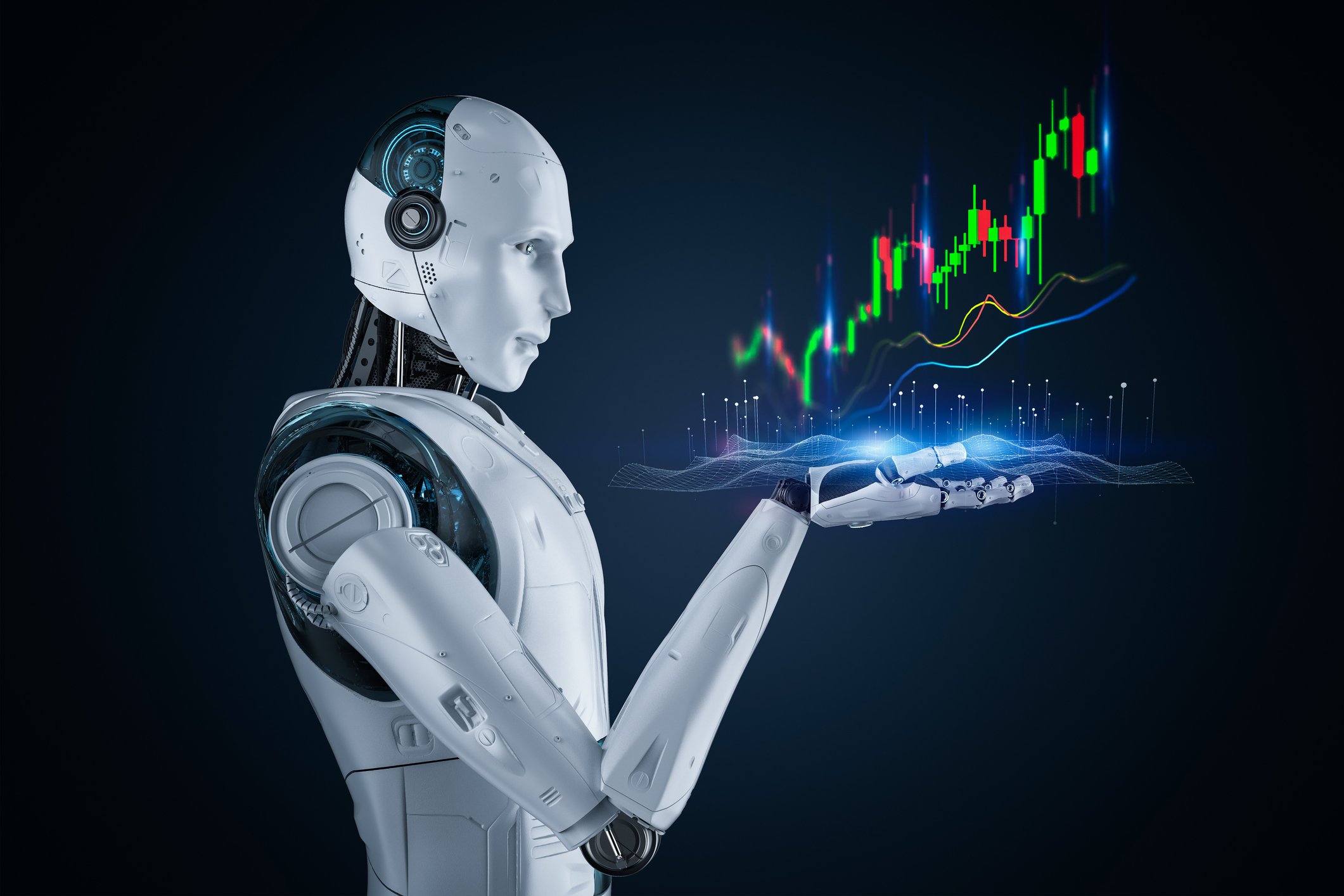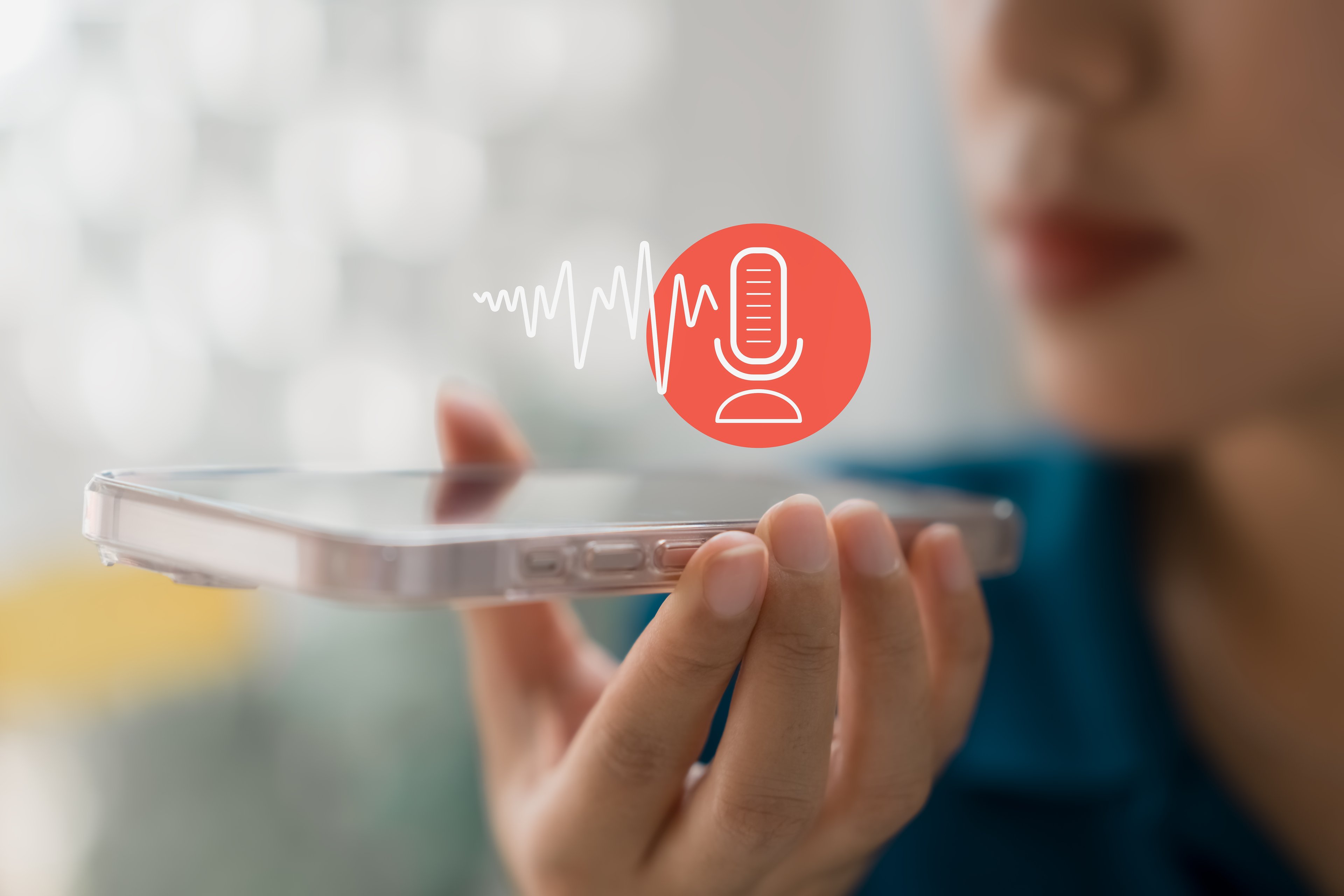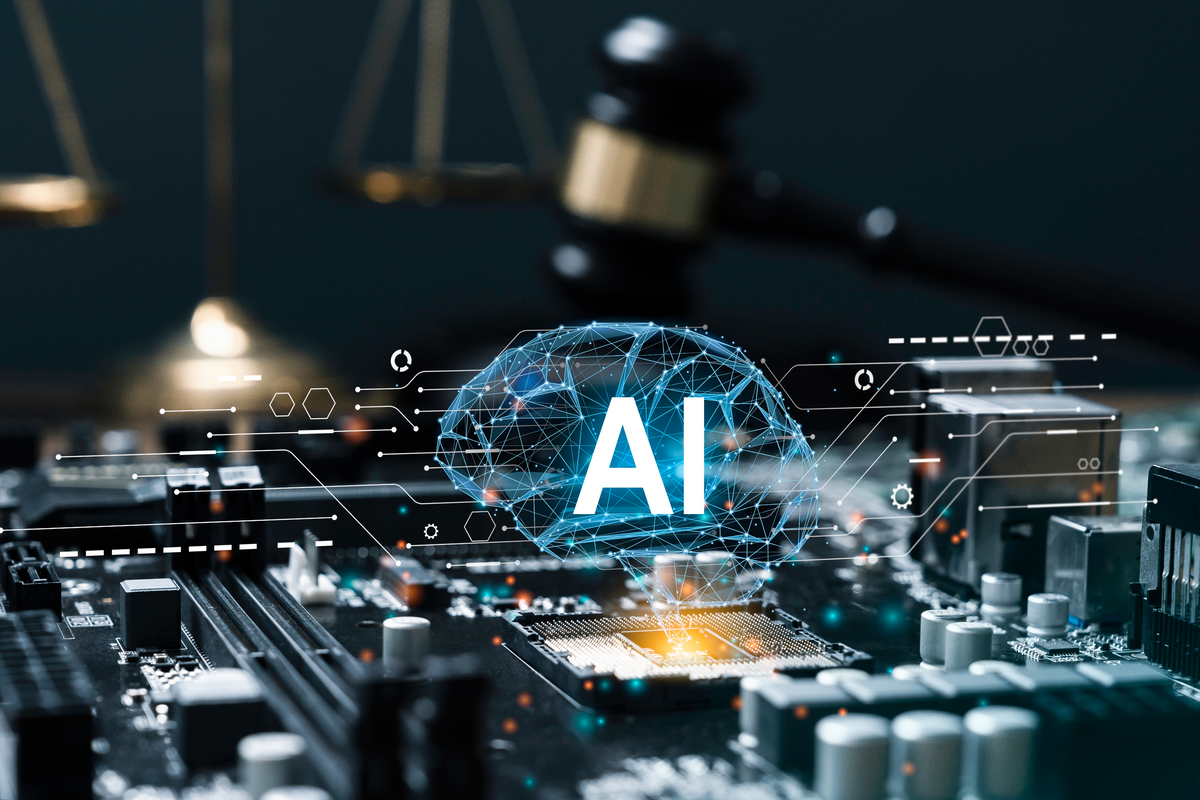The advent of artificial intelligence (AI) has brought a host of technologies that make everyday tasks easier. The most widely used examples include providing more relevant internet searches, predicting the next word in a text message, identifying the face in a photo on social media, and routing commuters around trouble spots in traffic.
The AI discipline of deep learning also has the potential to revolutionize healthcare in ways that researchers are only beginning to explore. A recent announcement by Alphabet's (GOOGL 0.05%)(GOOG 0.02%) Google highlights one example of how research is taking leaps ahead as physicians begin using AI as a tool. A study published in the scientific journal Nature showed that Google's AI system could detect breast cancer in mammograms more accurately than human radiologists.
This breakthrough could lead to better screening tools for those that don't yet have any signs of the disease.

Image source: Getty Images.
The study
Researchers from Google Health and the company's AI unit DeepMind partnered with the Cancer Research U.K. Imperial Centre, Northwestern University, and Royal Surrey County Hospital to determine if a properly trained AI system could "spot the signs of breast cancer more accurately."
The researchers trained the AI system using mammograms from 15,000 women in the U.S. and 76,000 women in the United Kingdom (U.K.). Once the algorithms had been trained to detect breast cancer, they were tasked with searching for cancerous cells in mammograms of women who were already proven to have the disease, as a way to test the accuracy of the algorithm.
Google's AI system not only excelled at detecting cancer but also reduced the existence of errors that commonly occur in diagnoses. In U.S. patients, the system reduced false negatives by 9.4% and false positives by 5.7%. In U.K. patients, it reduced the errors by 2.7% and 1.2%, respectively.
That's not to say the technology is perfect. While the AI system identified some cancers that were missed by radiologists, the reverse was also true: radiologists also caught some instances of cancer that were missed by the system. This highlights limitations that remain and will need to be addressed by future research.
A life-saving difference
Breast cancer is the most common form of cancer in women around the world and is the second-leading cause of death among female patients. More than 55,000 people in the U.K. and 1-in-8 women in the U.S. will develop breast cancer during their lifetime, according to research.
The key to boosting survival rates is early detection leading to treatment. Unfortunately, existing screening methods suffer from a high error rate. About 20% of all screenings miss the existence of breast cancer, a situation known as a false negative. Diagnosing breast cancer when none is present -- a false positive -- is also common. Research shows that half of all women who get a mammogram yearly will get at least one false positive over a 10-year period.
Detecting cancerous tissue in mammograms is particularly tricky because tumors are difficult to spot in the dense and overlapping tissue found in the breast.
Inspired by the human brain
In deep learning, data scientists create a computer system modeled after the structure and function of the human brain, called an artificial neural network. Researchers use a combination of sophisticated algorithms, high-speed computers, and millions of data points to train the system, in essence reproducing the ability of the human brain to learn.
The system is fed magnitudes of data and forms the ability to distinguish differences and identify similarities that might otherwise go undetected. This enables the system to recognize tenuous patterns that might be missed by its human counterparts.
The evidence is mounting
The results of this study support the findings of similar research that was published in early 2017. In that study, the GoogLeNet AI system studied thousands of mammograms supplied by a Dutch university and identified malignant tumors with an 89% accuracy rate, compared to just 73% achieved by human pathologists.
The latest research takes the system to the next level, not only by detecting cancer but also by reducing the frequency of incorrect diagnoses. The researchers concluded that while these AI systems won't be replacing doctors any time soon, it will eventually provide them with powerful tools in the fight against breast cancer.
Google has one of the most advanced AI programs in the world, and while many of its discoveries have impressive pedigrees, the company has yet to implement commercial applications for its technology. For those considering an investment in Alphabet, this is one additional data point that shouldn't be ignored, though there's simply no way to quantify the impact -- or when it will come to fruition. Some time soon, however, the day will come when this and other moonshots Google is researching will add meaningfully to Alphabet's bottom line.







